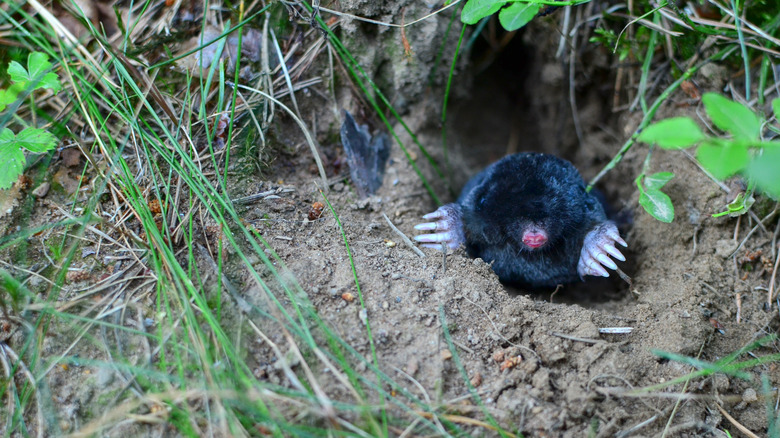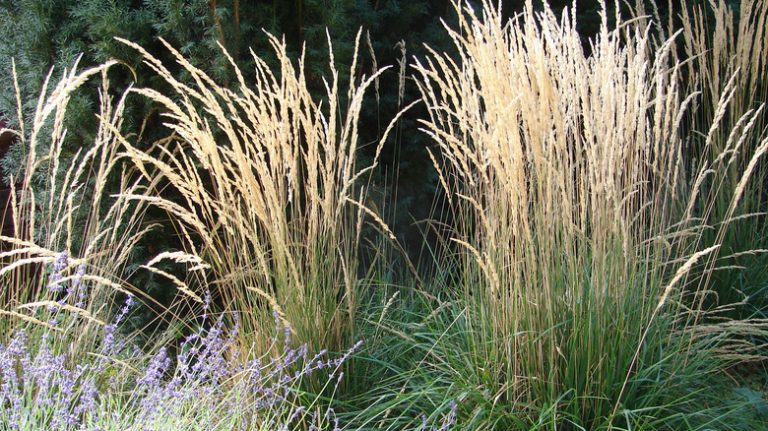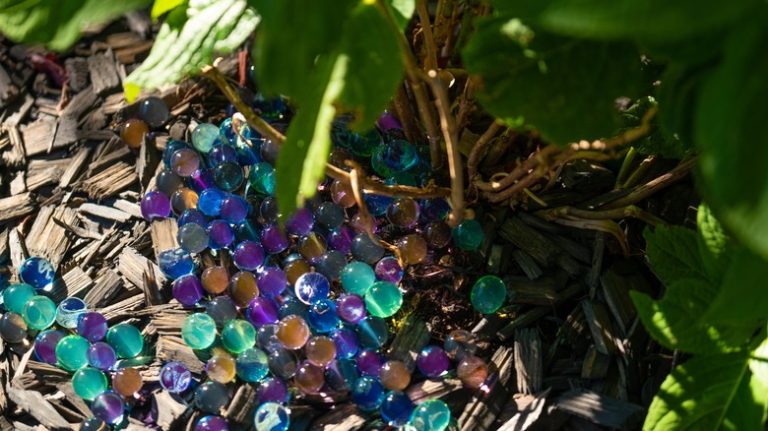When it comes to the pesky garden mole, many outrageous and hard-to-believe tactics have been used to prevent these critters from entering gardens and lawns. Seeing some of the wild ideas people come up with to deter moles is quite shocking. However, one thing is clear: Alka Seltzer does not work. Moles cause many problems for homeowners, which has led to dozens upon dozens of strange methods to cull the damage moles cause to gardens and lawns.
From using mint to get rid of moles to trapping, poisoning, and fumigating, these are only a few methods used for mole removal. People have also used chewing gum, human hair, razors, shards of glass, and, of course, Alka Seltzer. One thing remains abundantly clear: homeowners are very desperate to stop moles from entering their space and will often stop at nothing. While these methods sound outlandish, and some of them downright cruel, it just goes to show the extent to which people will go to prevent moles from damaging their grass or gardens! While Alka Seltzer is on the milder end as far as mole prevention tactics go, it simply does not work at repelling these sly little critters.
Why is Alka Seltzer ineffective for deterring moles?

First and foremost, moles eat insects, earthworms, grubs, spiders, and other invertebrates. They most certainly do not eat juicy fruit chewing gum, draino, mothballs, or any other ridiculous things used to eliminate moles. They are not rodents, so they do not respond to rodent bait like poisoned peanuts or other nuts and seeds.
The strange logic behind using Alka Seltzer to prevent moles from invading your yard is based on the false belief that moles will ingest the Alka Seltzer, and due to their inability to burp, it will cause them to explode. If you’re thinking that’s cruel or just downright laughable, you are not alone! Furthermore, scientifically speaking, it simply does not work; frankly, it’s a waste of some good Alka Seltzer! Instead of wasting it on ineffective mole prevention, consider these Alka Seltzer cleaning hacks. There is a lot of false information out there, and it’s essential to do our research, especially when trying to deter animals from using toxic chemicals. You can easily poison your soil, or worse, cause toxic runoff that poisons our waterways and inadvertently kills other animals or causes harm to your own pets and family. When dealing with frustration around moles in your yard or garden, it is crucial to consider their function in the ecosystem as a whole. It will give you a better idea of why they are there and what you can do about it.
Why you should think twice about removing moles

The damage that moles can cause can be maddening, especially for those of us who take much pride in their lush, green, and highly manicured lawns. However, if you have a garden, getting rid of moles is probably not your best bet. Here’s why: moles never eat any vegetation or grass. Instead, their diet consists of insects, worms, grubs, and other soil dwellers. Thus, having moles around means fewer insect garden pests because the moles will be eating them! Additionally, they irrigate and aerate the soil with their burrow, which means more fertile and lively soil for your garden (and lawn). They also prevent flooding by improving drainage in the soil.
Furthermore, moles are prey animals, and an abundance of larger mammals and birds consider these little critters their next meal. As the cycle of life and food chain goes, when you have moles in your yard, leaving them alone will attract their natural predators like hawks, owls, skunks, raccoons, coyotes, etc. Sometimes, it is best to let nature be; it will usually balance itself out. Sometimes, it helps to zoom out and consider every being’s role in the wider web of life. We share this planet and, therefore, must learn to coexist with other species. However, if the moles are really causing a significant issue on your property, avoid poisoning and trapping them yourself. Call a local wildlife pest removal service and have them take care of it for you.



